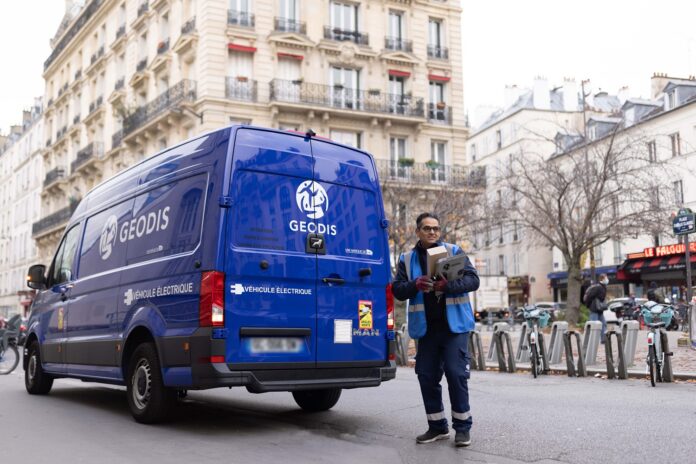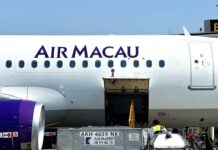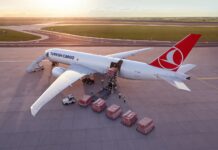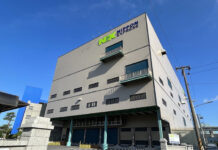
GEODIS has pledged to reduce its scope 1 and 2 greenhouse gas (GHG) emissions by 42% and reduce the carbon intensity of subcontracted transport (scope 3) by 30% by 2030 compared to 2022.
Confronted with the climate emergency, GEODIS is committed to a process of reducing its carbon emissions through the application of a science-based approach (the Science Based Targets initiative, or SBTi) in compliance with the goal of the Paris Agreement to limit global warming to 1.5° C. This commitment concerns both direct and indirect emissions.
GEODIS has set targets of 42% for the reduction of the GHG emissions generated by its fleets of vehicles and its buildings (scopes 1 and 2) and 30% for the carbon intensity of subcontracted transport (scope 3) by 2030, by comparison with the base year 2022. These targets have been submitted to the SBTi for approval.
Marie-Christine Lombard, Chief Executive Officer of GEODIS, said: “For many years, GEODIS has been working seriously alongside its customers and partners on measuring and reducing its impact on the climate. Our new goals will further speed up the process, establishing GEODIS as one of the most committed companies. This new phase is fully in line with the Group’s ambition to make its lines of business more sustainable and to provide our customers with innovative, sustainable and ethical logistics offerings.”
To achieve these ambitious objectives, GEODIS has defined pathways for each Line of Business and geographic region and has taken account of all the levers necessary for decarbonization.
Concerning its own fleet, GEODIS plans to continue the transition towards alternative vehicles and modes using carbon-free or bio-sourced energies and installing suitable infrastructures for refuelling and charging. Collaborative innovation is key to these transformations. Regarding last-mile deliveries, GEODIS has already set a target of providing low-carbon delivery services in 40 French cities by the end of 2024.
Alongside the transition of its own fleet, GEODIS is carrying out measures to reduce GHG emissions on all forms of transport involved in its operations. Its plan entails the use of sustainable marine fuel (SMF) and sustainable aviation fuel (SAF), giving support to customers seeking to optimize their flows and implement appropriate modal shifts, and permanent optimization of the efficiency of the resources employed (the latest generation planes, ships and vehicles; optimized loading and itineraries). This transformation depends on selecting subcontractors based on their practices and commitments and on supporting small road transport companies to help them carry out their own technological transition.
Reducing the carbon emissions of sites assumes a 40% improvement in overall energy efficiency and the availability of a minimum of 90% of low-carbon energy. Projects for new sites incorporate the most stringent environmental requirements.
Measures to achieve optimization, whether they concern routing, loading or the energy efficiency of vehicles or sites, make heavy use of increasingly sophisticated digital tools that are very much part of GEODIS’s ongoing innovation projects.
This transformation relies greatly on the commitment of GEODIS teams. A vast awareness campaign has given them a thorough understanding of climate issues, the principle being the more they understand, the better they will act. Meanwhile, the Group’s senior executives already have a climate criterion incorporated into the variable portion of their remuneration. In addition, environment-related criteria are considered in decision-making processes associated with acquisitions and investments.
อัพเดตข่าวสารและบทความที่น่าสนใจในอุตสาหกรรมโลจิสติกส์ก่อนใคร ผ่าน Line Official Account @Airfreight Logistics เพียงเพิ่มเราเป็นเพื่อน @Airfreight Logistics หรือคลิกที่นี่











